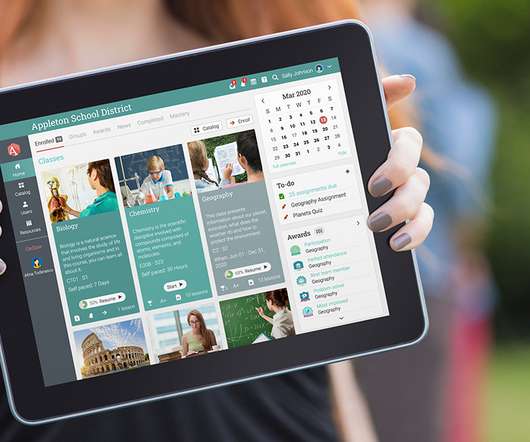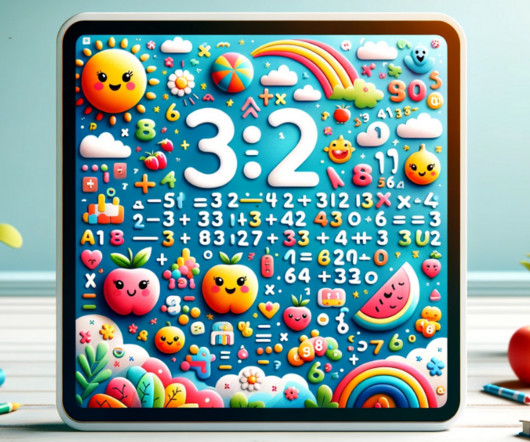Reflections on 50 years of Game-Based Learning (Part 3)
Edsurge
JANUARY 3, 2023
More than 50 years after Don Rawitsch introduced Oregon Trail in his eighth grade class, the debate continues : Can games become a legitimate tool for learning? Proponents of game-based learning have good reason to be optimistic—but also cautious. And many kids are eager to dive in and start creating.























Let's personalize your content